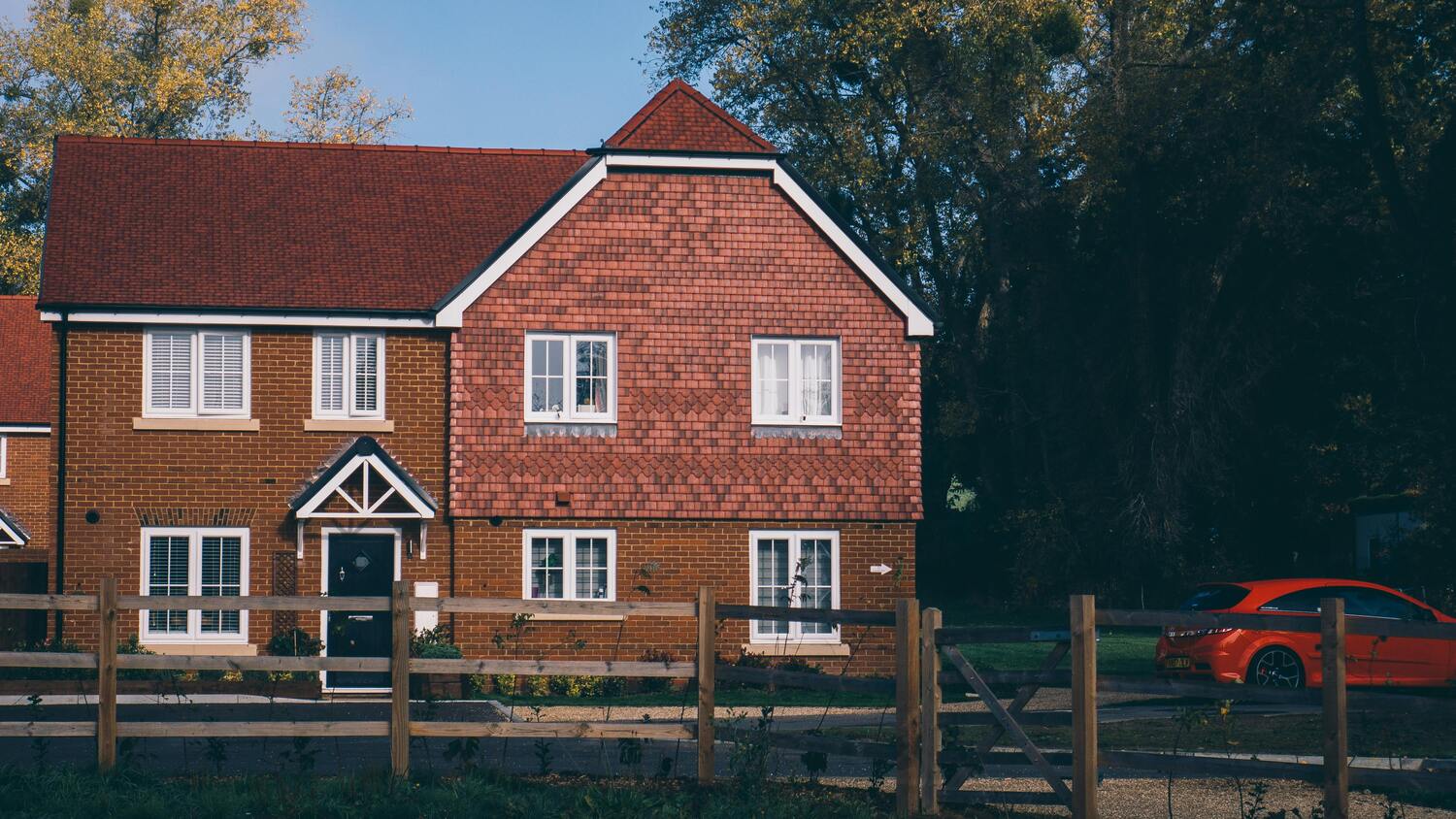Top tips for cheaper motoring
According to NimbleFins,[1] in 2025, the average cost of running a car in the UK is over £3,350, per year. Find out how you could potentially reduce how much your car costs you.
Reduce servicing costs
Although garage servicing costs can be high, you may be able to save money on servicing by shopping around. But this doesn’t mean avoiding getting your car serviced. Minor repairs left to get worse may become very expensive to repair. Also, stick to the servicing intervals recommended by the car manufacturer and always keep a full service history to help maintain the value of your car.
Take care of your tyres
You can prolong your tyres’ life by taking proper care of them:
- Ensure that they are correctly inflated as over or under-inflated tyres aren’t only dangerous, they will wear out more quickly and will increase your fuel consumption.
- Check the tread for any foreign matter such as stones that might have lodged there.
- Consider having your wheels aligned; badly aligned wheels can double tyre wear rate.
While it’ll save you money by making your tyres last as long as possible, you must never drive on damaged tyres. Tyres must not have less than the legal minimum tread depth of 1.6 mm across the central three quarters of the width of the tyre, with many experts recommending a minimum of 3mm.
Clear out your car
Many people use their car boots as a dumping ground for all manner of items. The heavier your load, the more fuel you will use – which will make a big difference over time.
Think about your driving style
The way we drive can make a huge difference to fuel consumption. Fuel-Economy.co.uk [2] are one of many websites that provide a fuel calculator, free of charge. You may be able to calculate yours here, but please note that any information is only provided as a guide.
Every car has an optimal fuel efficiency typically around 30 mph to 50 mph, which is dependent on vehicle type. Increasing your cruising speed from 55 mph to 75 mph can raise fuel consumption as much as 20%!
Other ways in which you can improve your fuel efficiency are:
- Drive smoothly, accelerate and decelerate gently.
- Avoid unnecessary braking by keeping a reasonable distance from the car in front and reading the road.
- Avoid unnecessary stopping and starting in queues – try to keep your car rolling but avoid slipping the clutch.
- Change gear sooner but avoid labouring the engine.
- Reduce the amount you use your air conditioning as it can increase your fuel consumption. However, be sure to stick to the manufacturer’s recommendations about running it periodically.
- Electrical loads increase fuel consumption, so turn off your heated rear windscreen, defoggers and headlights. Of course, only if safe to do so.
- If your car is modern and has start-stop technology, make sure it’s activated. This will help reduce fuel consumption when you’re sat in a queue.
Keep your car aerodynamic
Car manufacturers make big efforts to improve the aerodynamics of their design to reduce drag and improve fuel economy. But if you leave roof bars and roof boxes on when you’re not using them, you won’t be helping your fuel economy.
Reduce CO2 to keep car tax down
If you’re looking to buy a new car, opt for one with low CO2 emissions and you’ll pay a lower first year rate in Vehicle Excise Duty. You’ll find CO2 emissions information on the car’s V5C registration document.
Cars such as electric vehicles which emit ZERO CO2 used to be fully exempt from vehicle tax, in year 1 and subsequent years, but this changed from 1 April 2025. Vehicle Excise Duty is now payable on these types of vehicles. You can find more information at [3] GOV.UK Vehicle tax rates
For cars, the first year’s charge can range from £10 to £5,490 dependent on the level of emissions. The second time the vehicle is taxed, and subsequent years, the standard rate is currently £195.
Vehicles with a list price of more than £40,000
You have to pay an extra £425 a year if you have a car with a list price of more than £40,000.
You do not have to pay this if both of the following apply:
- you have a zero emission vehicle
- the vehicle was registered before 1 April 2025
The list price is the published price of the vehicle before it’s registered for the first time. It’s the price before any discounts are applied.
To calculate your vehicle tax rate, use the Vehicle Certification Agency’s calculator.
Winter-proof your car
It might be a little early to be thinking about autumn and winter, but these are the worst times of year for car breakdowns and insurance claims. Ensuring that that your car is ready to cope with the winter months, could help avoid inconvenient and potentially costly events later on. Below are just a couple of suggestions:
- Lights – Make sure that lights are clean and working as a dirty head light can severely reduce your ability to see the road in front.
- Screenwash – It is always dangerous to drive with a dirty windscreen, but even more so with the low winter sun when there is a high risk of being dazzled in the mornings and late afternoons. Keep your windscreen clean at all times and ensure that your screenwash is topped up regularly.
- De-icer – De-ice before you set off. Make sure that you remove ice from your windows and mirrors before you set off, so allow a little extra time for doing so. Keep de-icer and an ice scraper handy.
- Battery – Car batteries are heavily used in the winter months, so ensure that yours is in good condition. If you haven’t changed it recently, get it checked out and replace it before it lets you down.
- Winter tyres – Not compulsory in the UK, but they are in several other European countries, so think about this if you are travelling abroad. Winter tyres are made using a different compound which gives a better grip in the cold and uses a different tread pattern which is safer when driving on snow. They are becoming increasingly popular in the UK, and may well be worth considering.
Now what about Car Insurance?
If you don’t have car insurance with us, why not get a quote?
Unlike many insurance policies, you can spread the annual cost into monthly payments at no extra cost, letting you budget over the long term. There is also no need to wait for your renewal – switch today and you’ll receive cancellation fees up to the value of £125 that might be charged by your existing insurer.
For more information about our car insurance and how you would benefit, click here or call 0151 242 7640
Police Mutual Car Insurance is provided by ERS.
[1] NimbleFins – Average Cost to Run a Car UK 2025


